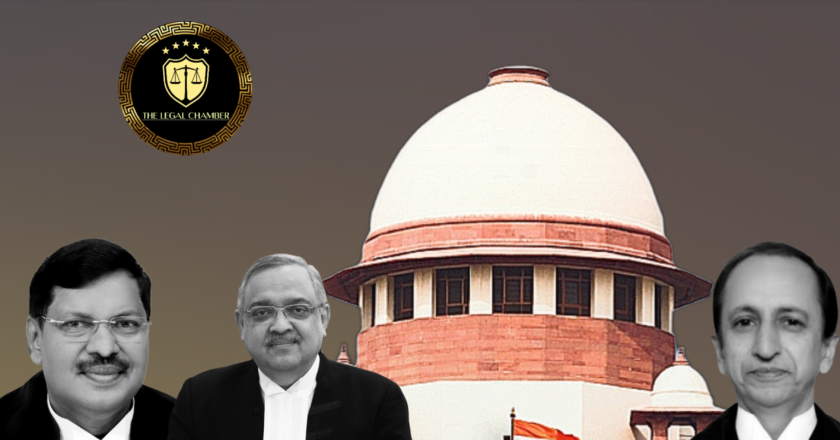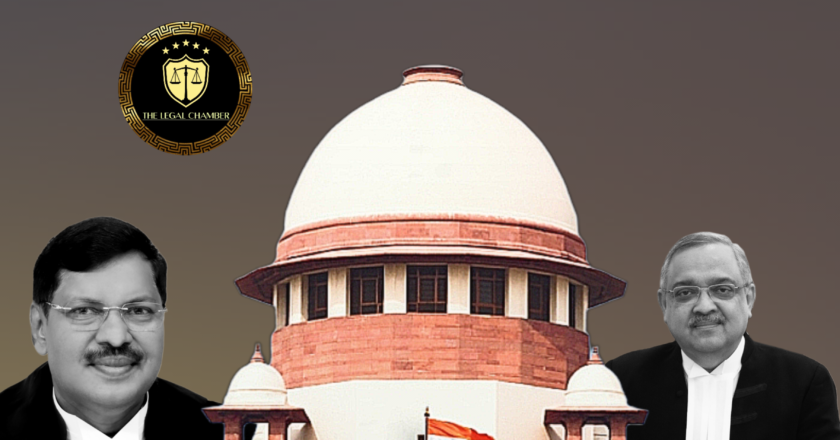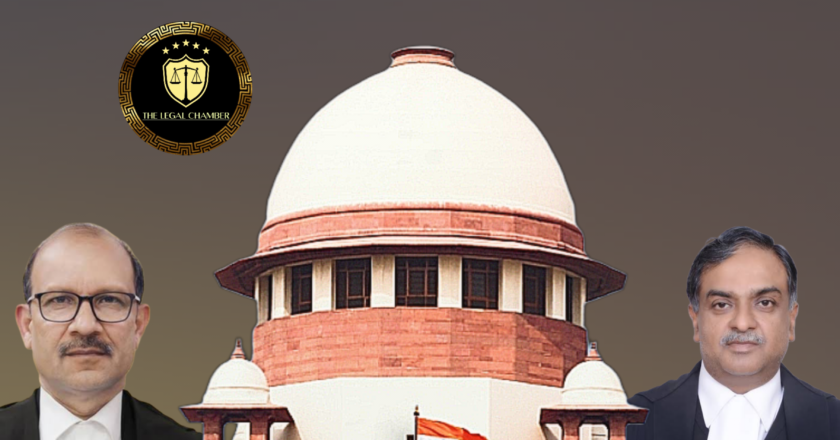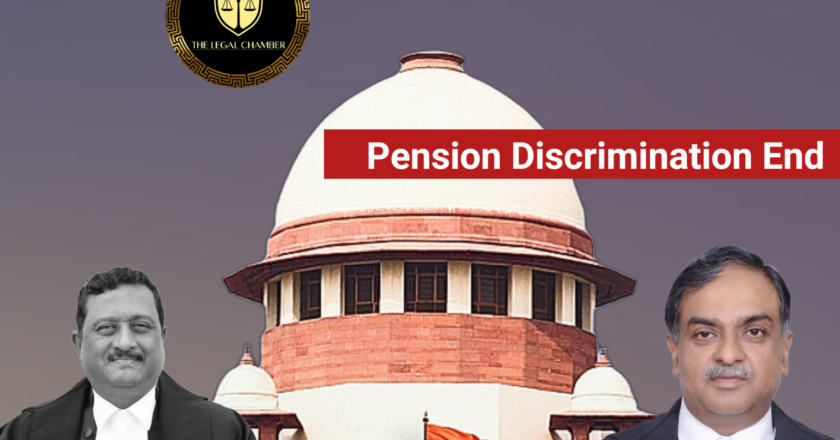Supreme Court Slams Trend of “Transfer Culture” and Baseless Criticism of Judges
The Supreme Court reaffirmed that a lawyer's primary duty is to the court, not the client, especially when allegations scandalize the judiciary. Signing pleadings with unverified, scurrilous remarks against judges constitutes contempt. The Court emphasized that such actions, even under client instruction, violate professional ethics and the majesty of law.
Facts Of The Case:
In Transfer Petition (Criminal) No. 613 of 2025, the petitioner, N. Peddi Raju, sought to transfer his case, Criminal Petition No. 4162 of 2020, from the Telangana High Court to the Bombay High Court's Nagpur Bench. The primary grounds for this request were allegations of bias and procedural discrimination against the learned Single Judge hearing the matter. The petitioner specifically contended that his argu...



